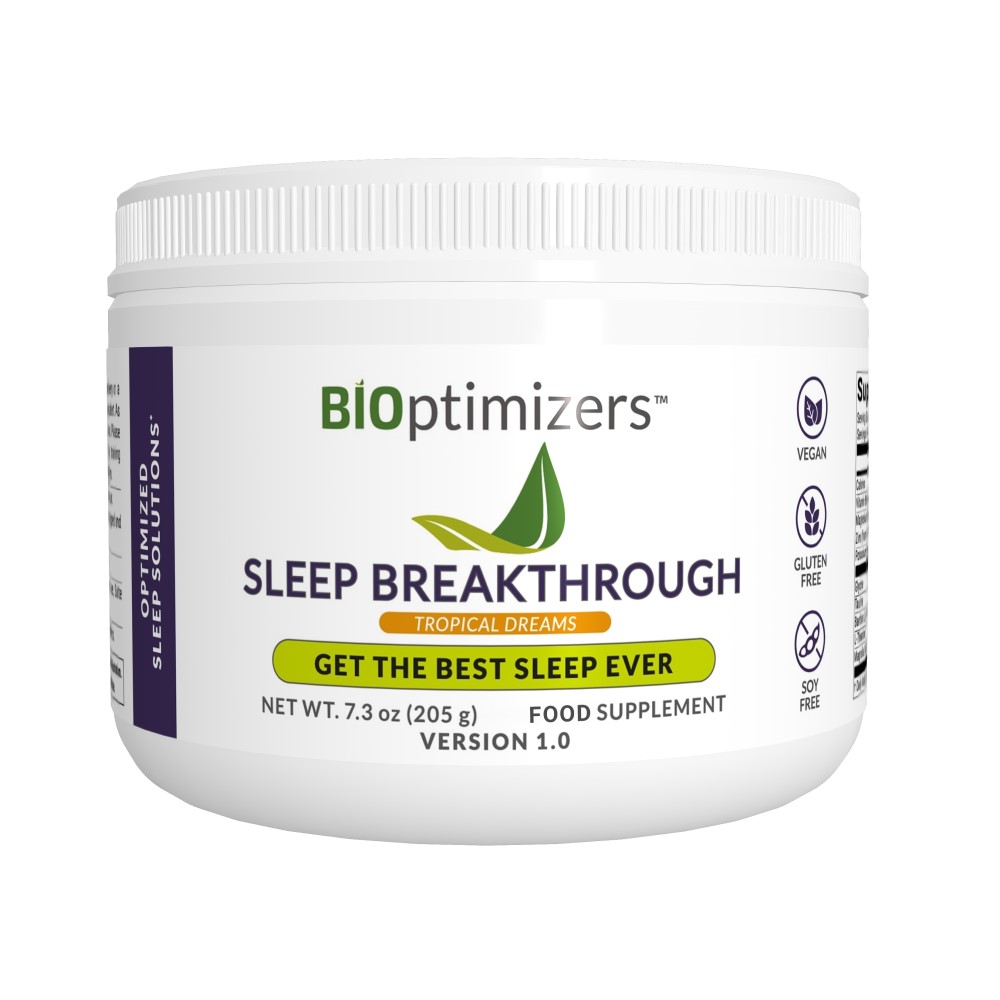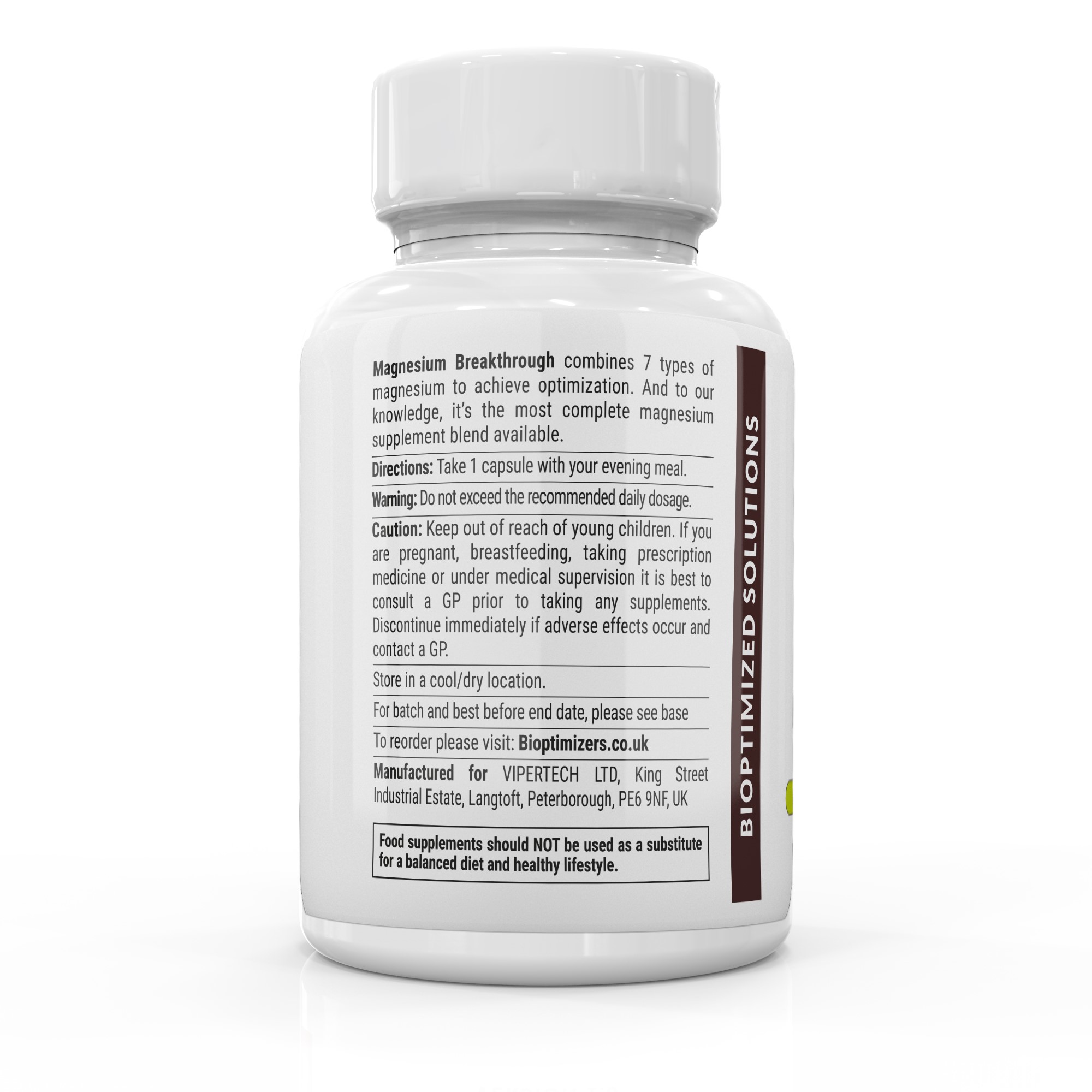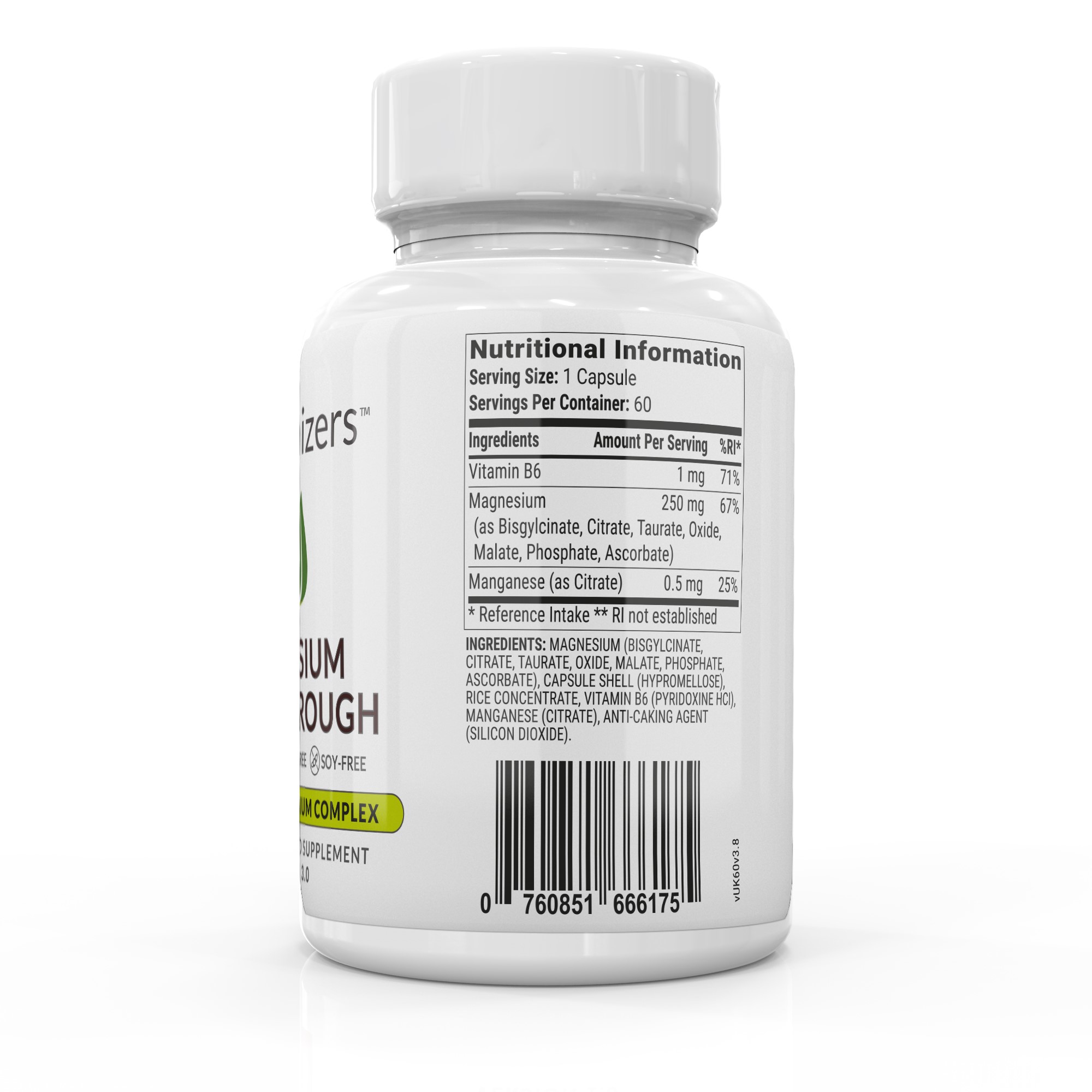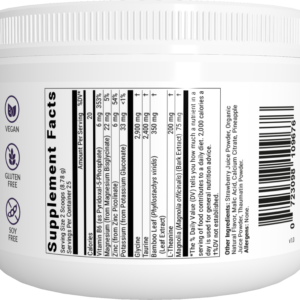The Key To Superhuman Results Is Synergy
Perhaps the most underrated strategy in health is to maximize synergy. Synergy is when you combine two things to create a more powerful result. For example, 1 + 1 = 10. When we combine two or more products together we call that a “stack”. Stacks are how you get the best results possible.
Yes, by combining the right formulas in the right way, you can often increase the effectiveness by 10 times. We’ve proven this many times in our BioLab at the Burch University in Sarajevo. Sometimes, by combining formulas we have improved the results by 1,000%.
About the Stack
Sleep Breakthrough
- Activates all 5 sleep pathways
- Increases your desire to go to sleep
- Helps you fall asleep in minutes
- Allows you to experience deep, high quality sleep like never before
- Lets you feel refreshed and energized every morning

Vitamin B6 (as Pyridoxal-5-Phosphate), Magnesium (from Magnesium Bisglycinate), Zinc (from Zinc Picolinate), Potassium (from Potassium Gluconate), Glycine, Taurine, Bamboo Leaf (Phyllostachys viridis) (Leaf Extarct), L-Theanine, Magnolia (Magnolia officinalis) (Bark Extract)


Magnesium Breakthrough
- Best magnesium supplements for sleep
- Promotes a balanced stress response, feel relaxed and at peace
- Sleep faster and deeper
- A key nutrient for healthy immune responses
- Provides an essential electrolyte to maintain healthy rhythm
- Provides a key building block for strong bones

Magnesium (Chelate, Bisglycinate, Surcosomial [Oxide], Malate, Orotate, Taurate, Citrate), Humic/Fulvic Monoatomic Blend, Nu-Mag, Ni-Flow, Vitamin B6, (Pyridoxine HCI), Manganese (Citrate), Silica, Capsule Shell (Hypromellose)
















Aria Khodaverdi (verified owner) –
Significant sleep improvements with narcolepsy. Sleep is a delicate issue for me. The sleep breakthrough combination improves it – it’s not a sleeping pill but I have observed an improvement in sleep quality. I believe it’s worth the investment and you should really take any steps that can make your sleep better: better sleep => better day time performance.
Charmaine Wright –
It works. This product as a stack is the best. I have tried loads of supplements to help get my sleep on track this one works.
Clare Mallon –
Love it. Couldn’t recommend higher
Inga THAON (verified owner) –
. There is an issue, you have to drink a large glass of water with the ppowder, and then you wake up to pee…